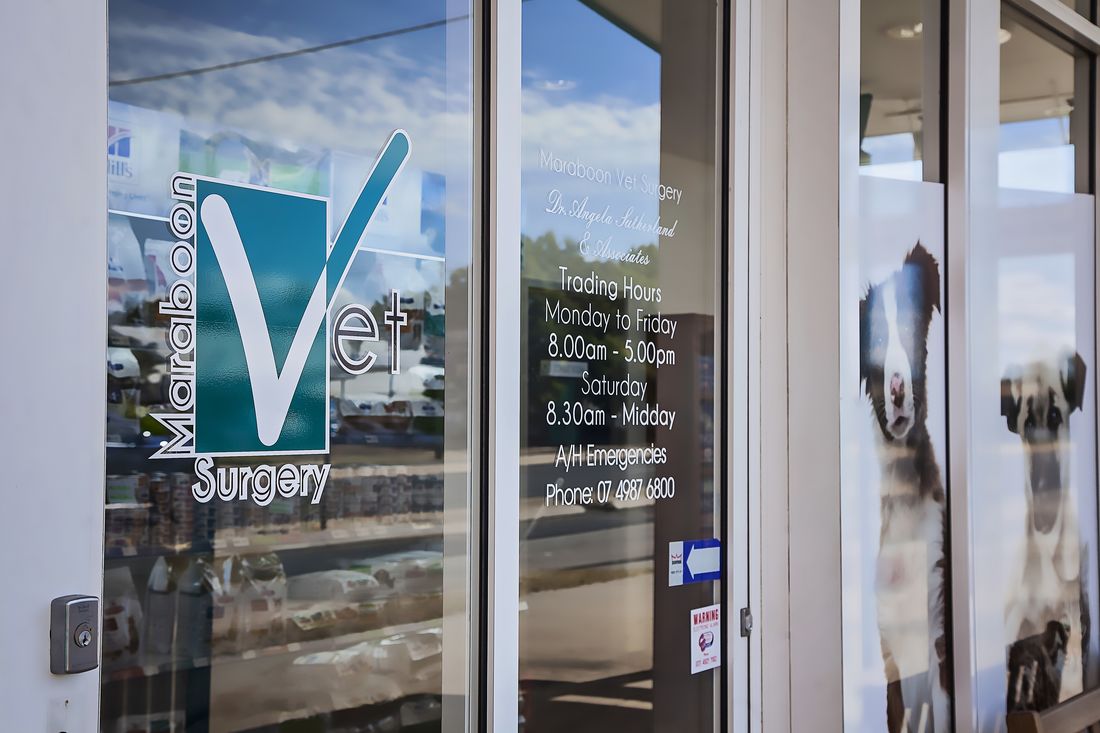This year, the Maraboon Vet Surgery is participating in National Desexing Month during July, in an effort to stop unwanted and unplanned litters. A program designed to aid pet owners wanting to care for their pets but are suffering financial hardship.
Within the central highlands region there is a huge number of accidental pet pregnancies as a result of not having pets desexed, this results in an influx of puppies being surrendered to local pounds, or worse they are ‘dumped’. If they are surrendered to the pound they are put up for direct adoption or taken in by local rescue groups. However, cats and dogs are in surplus and sadly a number fo them are euthanised as they are not adopted and rescue groups are already at capacity.
Desexing pets is a very routine procedure that has minimal risk, recovery and time and multiple benefits for pets and their owners. Desexed pets have lower risk of wandering, and all its associated risk (being stolen or hit by on coming traffic). They also have lower risk of developing testicular, prostate and perianal cancer in male pets and ovarian, mammary and cervical cancer in female pets. Behavioural issues like aggression are reduced and trainability is increased in desexed pets compared to intact pets.
The desexing procedure is generally a day surgery, the pet is dropped off in the morning with and empty stomach, they will have the procedure completed and are ready to go home that afternoon. The incision site takes 10 – 14 days to heal and your pet needs to be kept quiet with no running, jumping, bathing or swimming for this time period to ensure they do not reopen their incision. They are normally sent home with a cone to wear for this period as well to ensure they are not licking or scratching at the area. You are also able to provide them with post-operative pain relief to help their healing process.
We hope that by doing our part, we will encourage pet owners to do the right thing and organise for their pets to be desexed. Ultimately making our community a healthier and safer place for all pets. For more information or to book your pet in for desexing call our friendly team on 07 4987 6800.
